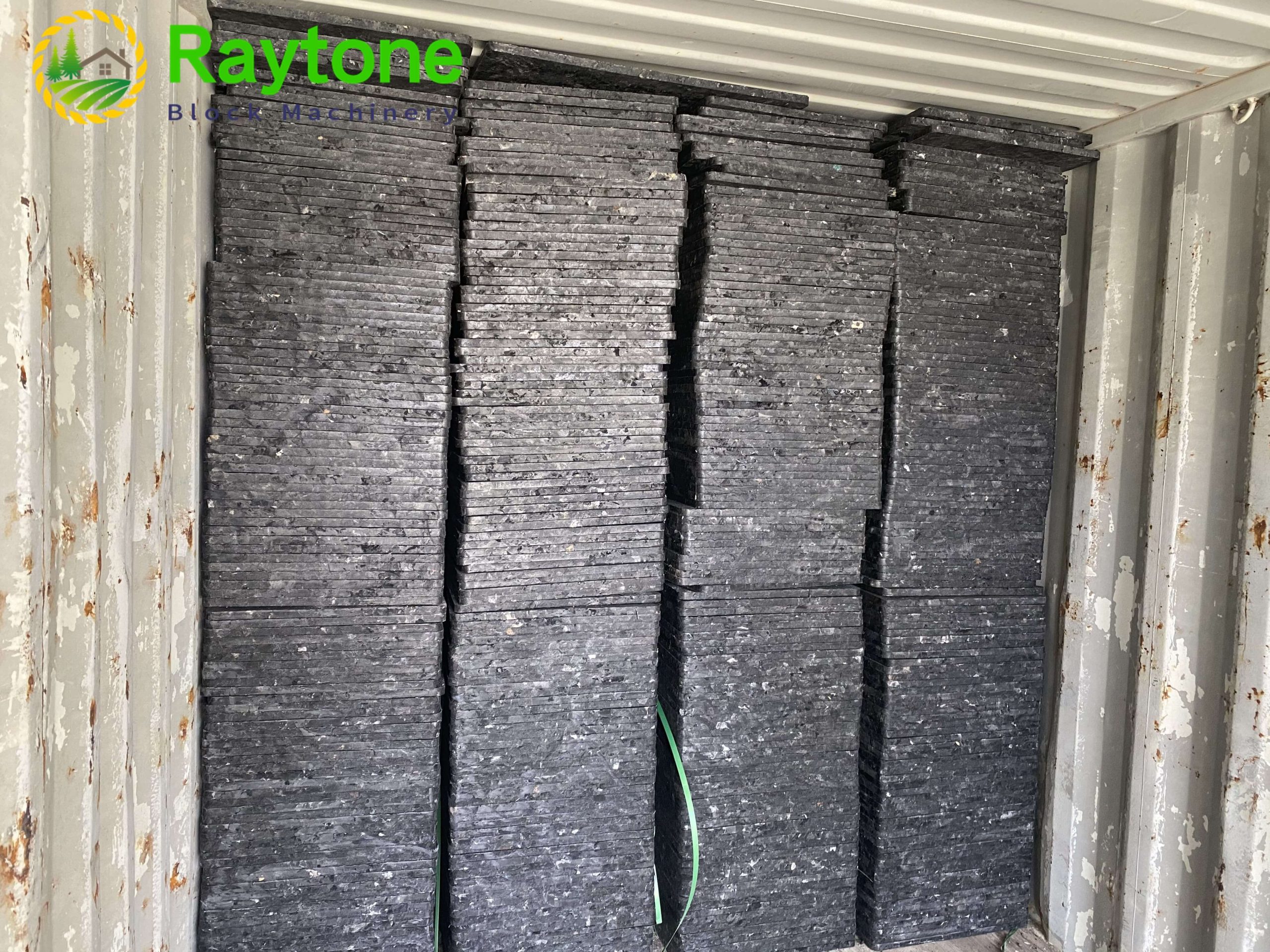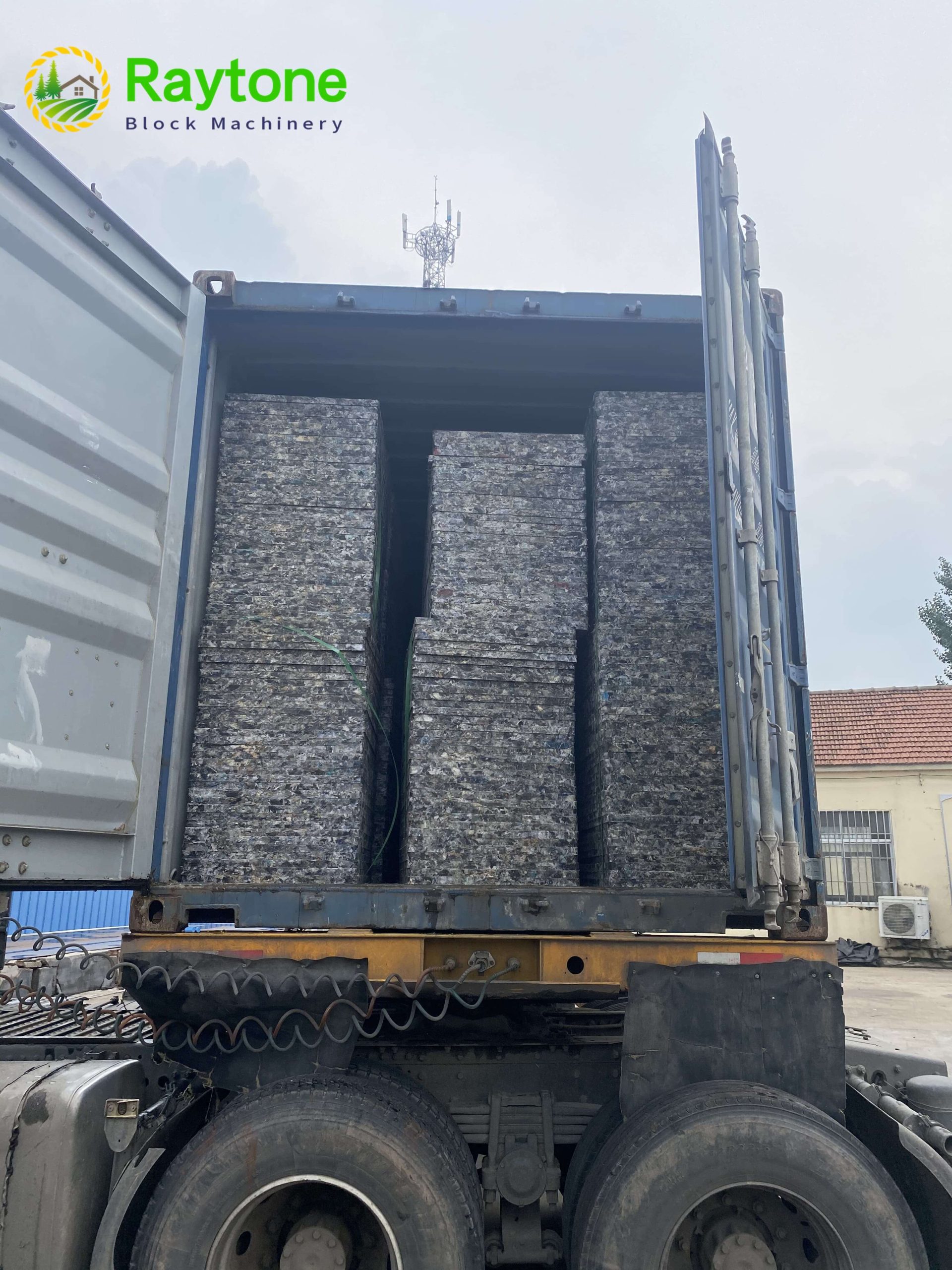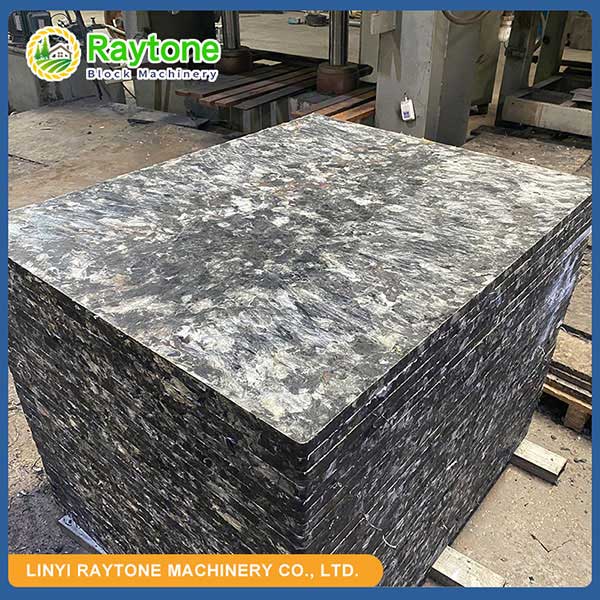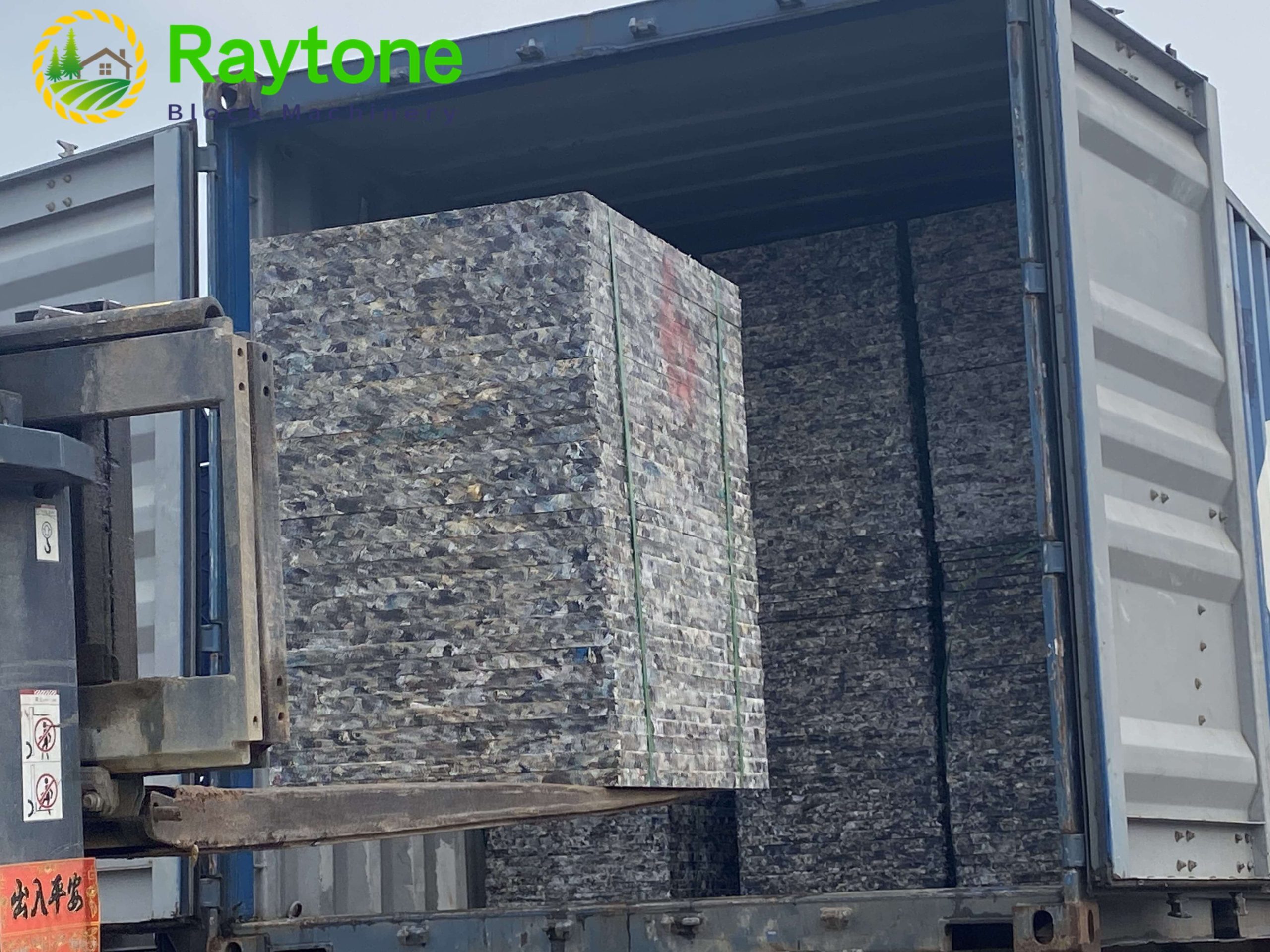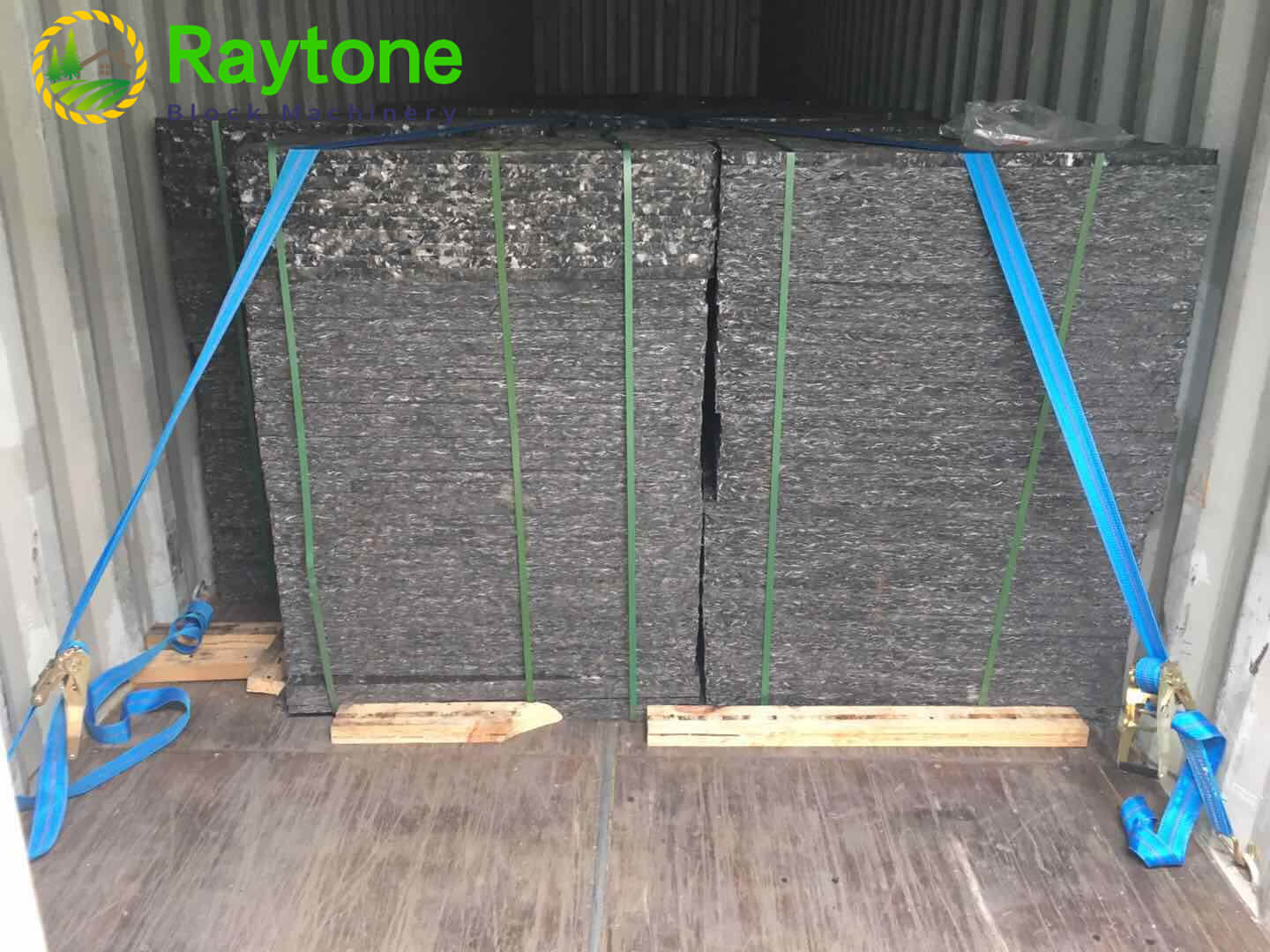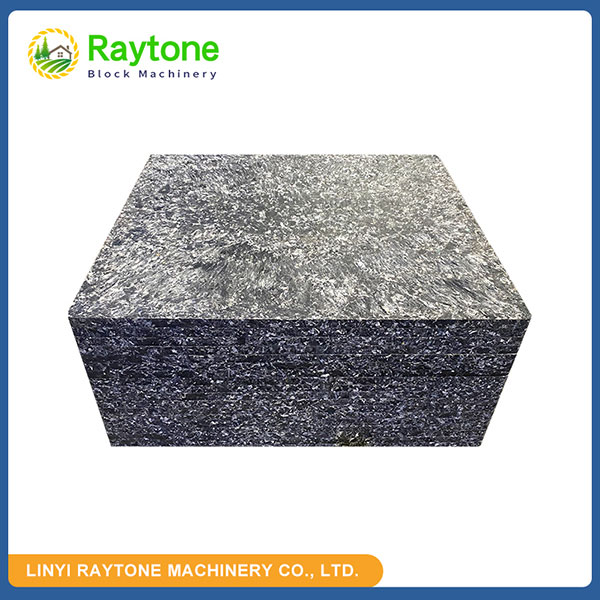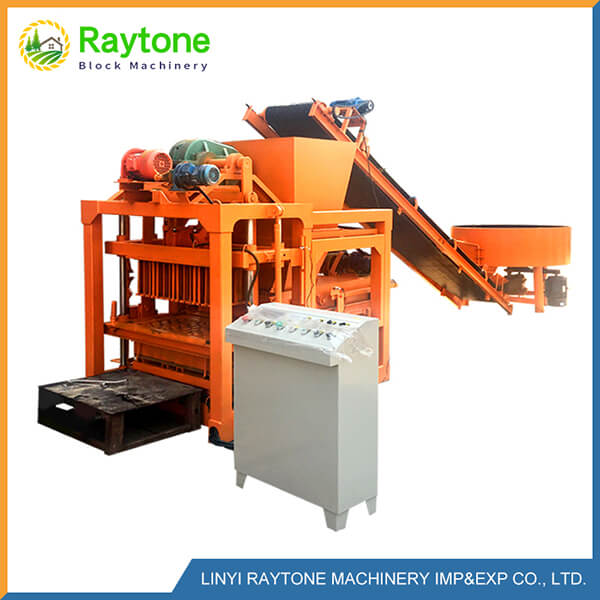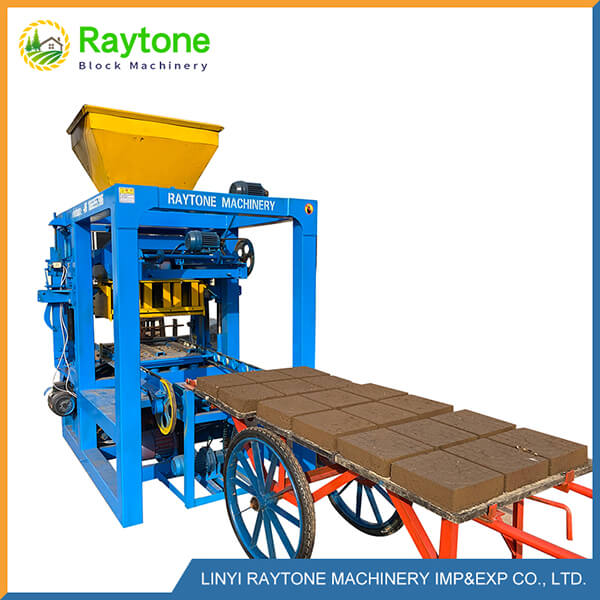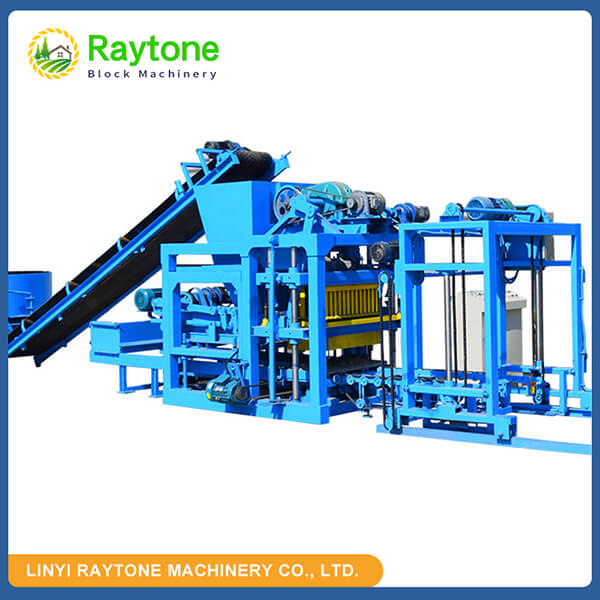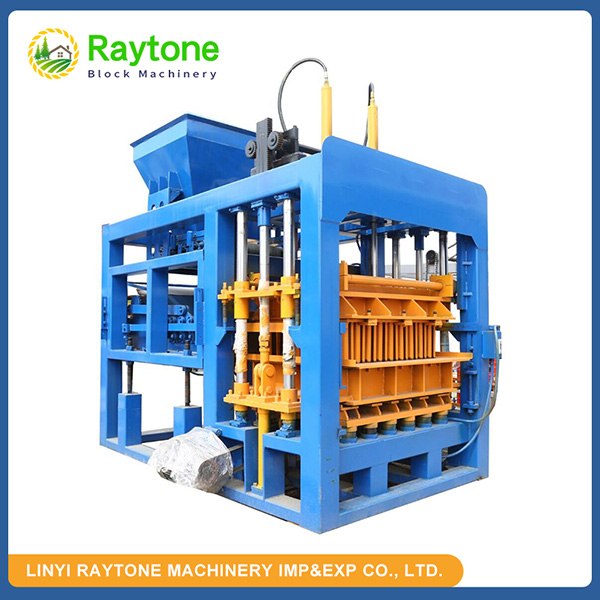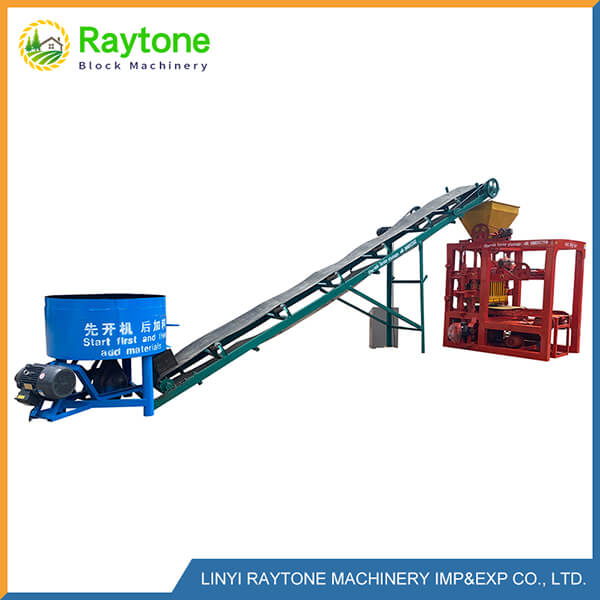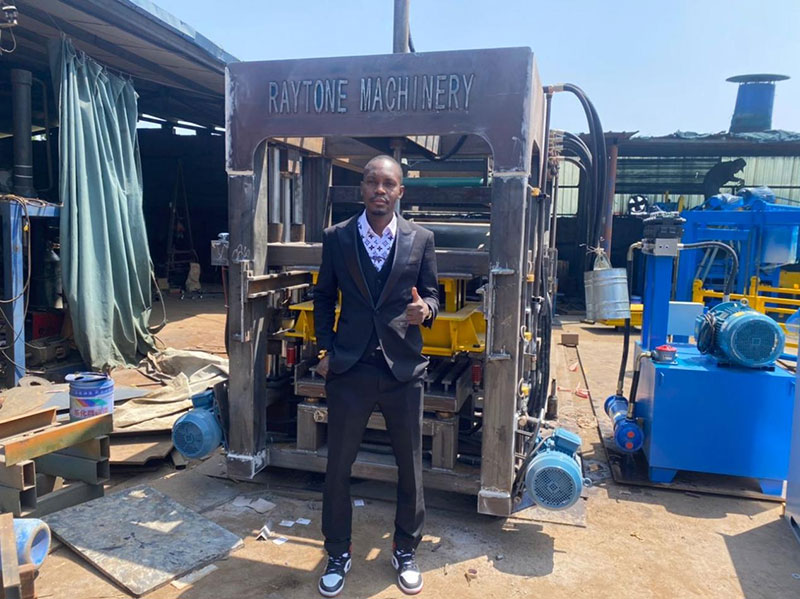Hollow block making machines are essential equipment in the construction industry, revolutionizing the production of concrete blocks. These versatile machines offer numerous advantages, including efficiency, consistency, and cost-effectiveness. In this comprehensive guide, we’ll explore the key features of hollow block making machines, with a focus on the QT4-28 semi-automatic brick making machine. Whether you’re a construction professional or a business owner looking to invest in block production, understanding these features will help you make an informed decision.
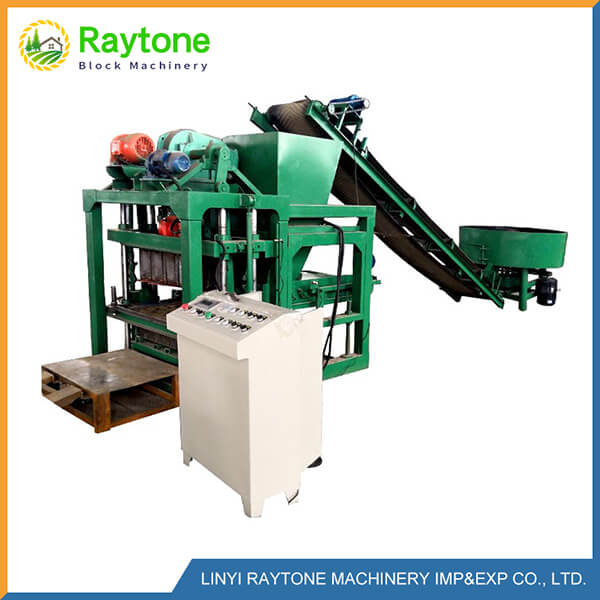
Advanced Technology and Design
Innovative Hydraulic System
Modern hollow block making machines are equipped with advanced hydraulic systems that enhance precision and performance. These cutting-edge systems provide accurate control over the block molding process, ensuring consistent shape, density, and strength across every unit. Built with durability in mind, the hydraulic components are engineered to withstand intensive use, which minimizes maintenance requirements and significantly extends the overall lifespan of the equipment. As a result, manufacturers benefit from higher efficiency, reduced downtime, and superior product quality.
Modular Construction
Many hollow block making machines, such as the QT4-28 model, are designed with a modular architecture that offers exceptional versatility and convenience. This modular design allows for straightforward assembly and disassembly, making transportation and relocation of the machine hassle-free. Additionally, individual components can be easily replaced or upgraded without the need for complex reconfiguration. This not only reduces downtime during maintenance or part replacement but also boosts operational efficiency and long-term productivity for block manufacturers.
Intelligent Control Systems
Advanced control systems are a defining feature of today’s modern hollow block making machines. Typically equipped with programmable logic controllers (PLCs) and intuitive user interfaces, these systems allow operators to fine-tune production settings with ease. Key parameters – such as vibration time, compression force, and curing cycles – can be precisely adjusted to meet specific block requirements. Real-time monitoring and diagnostics also enable quick troubleshooting and performance tracking, significantly reducing human error and enhancing overall manufacturing efficiency.
Versatility and Production Capabilities
Multi-Mold Compatibility
Versatility in mold compatibility is one of the standout advantages of modern hollow block making machines. These machines are engineered to accommodate a variety of mold types, enabling manufacturers to produce a broad spectrum of block sizes and designs. Whether it’s standard hollow blocks, solid bricks, or interlocking pavers, the machine can seamlessly switch between production formats with minimal setup adjustments. This flexibility allows producers to respond quickly to changing market demands and expand their product offerings without investing in separate machinery.
High Production Capacity
Hollow block making machines are built to support high-volume production, making them a reliable choice for commercial applications. A prime example is the QT4-28 semi-automatic brick making machine, which is capable of producing thousands of blocks per day – depending on the specific block dimensions and operational efficiency. This impressive output capacity meets the demands of medium to large-scale construction projects and block manufacturing enterprises. With consistent performance and scalable production, machines like the QT4-28 provide a strong return on investment for businesses aiming to boost productivity.
Customizable Production Settings
Modern hollow block making machine provides extensive customization options to optimize production quality. Operators can fine-tune key parameters such as vibration intensity, compaction pressure, and curing time, allowing precise control over the block forming process. This level of adjustability ensures that each block meets specific strength, durability, and dimensional standards required by different construction applications. By tailoring these settings, manufacturers can consistently produce high-quality blocks that comply with both industry regulations and client expectations.
Efficiency and Cost-Effectiveness
Automated Features
Although the QT4-28 is categorized as a semi-automatic hollow block making machine, it integrates several automated features that significantly enhance operational efficiency. These features may include automatic material feeding systems, synchronized vibration and compression cycles, and integrated conveyor systems for smooth block removal. Such automation reduces manual labor, minimizes production errors, and boosts overall throughput. As a result, operators can achieve higher productivity levels while maintaining consistent block quality, making the QT4-28 a smart choice for growing block manufacturing businesses.
Energy Efficiency
Energy efficiency is a core design principle of modern hollow block making machines. These machines are engineered with optimized hydraulic systems and smart electrical controls to reduce power consumption while maintaining high performance. By consuming less energy per production cycle, they help manufacturers lower operating costs and improve overall sustainability. In addition to financial savings, this energy-efficient approach supports environmentally responsible manufacturing practices, making these machines ideal for businesses aiming to reduce their carbon footprint without sacrificing productivity.
Minimal Waste Production
Advanced hollow block making machines are specifically engineered to minimize material waste during the production process. Equipped with precise material dosing systems and efficiently designed molds, these machines ensure optimal use of raw materials with minimal excess. This accuracy in material handling not only reduces production costs but also promotes sustainability by decreasing industrial waste. By maximizing material efficiency, manufacturers can produce high-quality blocks while supporting eco-friendly and cost-effective operations.
Conclusion
The key features of hollow block making machines, exemplified by models like the QT4-28 semi-automatic brick making machine, showcase the remarkable advancements in construction technology. These machines offer a perfect blend of efficiency, versatility, and quality, making them indispensable in modern block production. By investing in such equipment, manufacturers can enhance their production capabilities, reduce costs, and meet the growing demands of the construction industry.
Contact Us
Are you ready to elevate your block production capabilities? Raytone Machinery specializes in high-quality concrete block machines, offering a range of solutions from fully automatic systems to manual equipment – including the reliable QT4-28 semi-automatic brick making machine. Our commitment to innovation, reliability, and customer satisfaction sets us apart in the industry. For more information about our hollow block making machines and other block-making solutions, contact us at hazel@raytonechina.com. Let’s build a stronger future together!
References
- Smith, J. (2022). “Advancements in Concrete Block Manufacturing Technology”. Construction Engineering Quarterly, 45(2), 78-92.
- Johnson, A. & Lee, S. (2021). “Comparative Analysis of Semi-Automatic and Fully Automatic Block Making Machines”. International Journal of Construction Equipment, 33(4), 112-128.
- Patel, R. (2023). “Energy Efficiency in Modern Construction Equipment”. Sustainable Building Technologies, 18(3), 55-69.
- Zhang, L. et al. (2022). “Optimizing Production Parameters in Hollow Block Manufacturing”. Journal of Building Materials Science, 29(1), 33-47.
- Brown, M. (2021). “The Impact of Automation on Construction Material Production”. Construction Innovation Review, 14(2), 201-215.
- Nakamura, H. & Garcia, E. (2023). “Quality Control in Concrete Block Production: A Global Perspective”. International Construction Standards, 7(4), 88-102.


